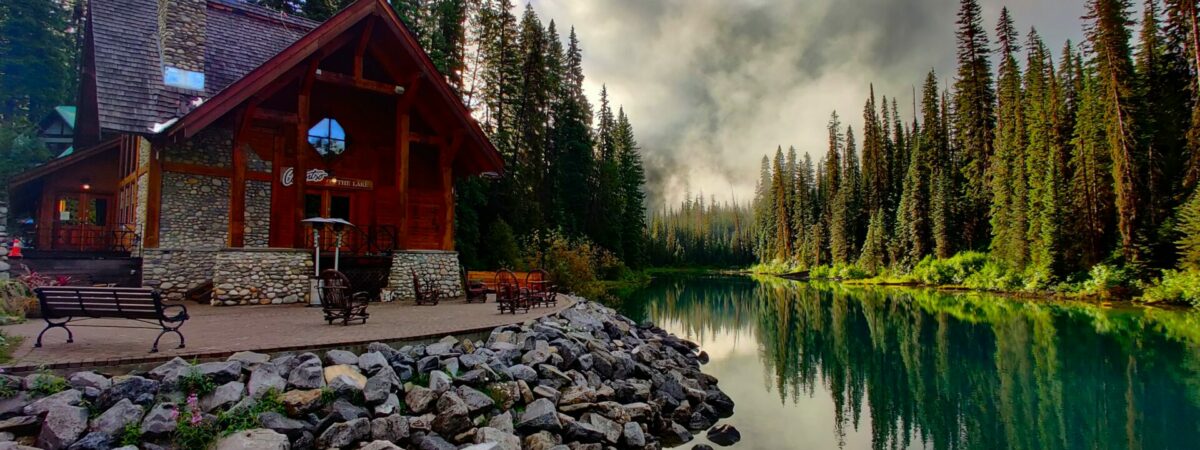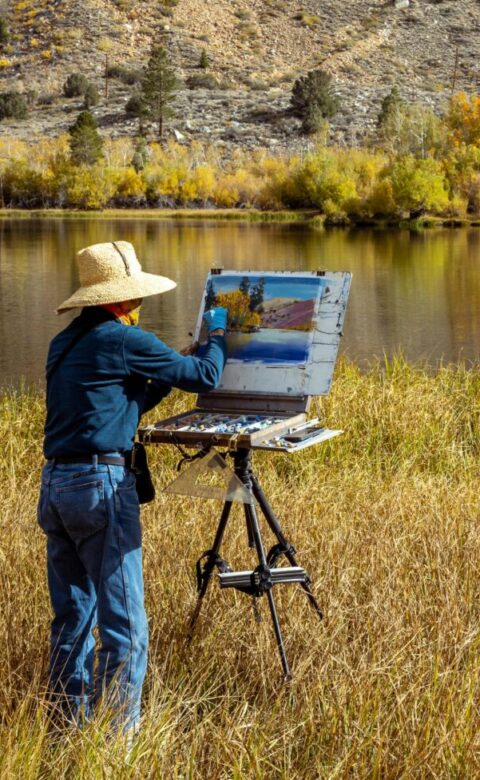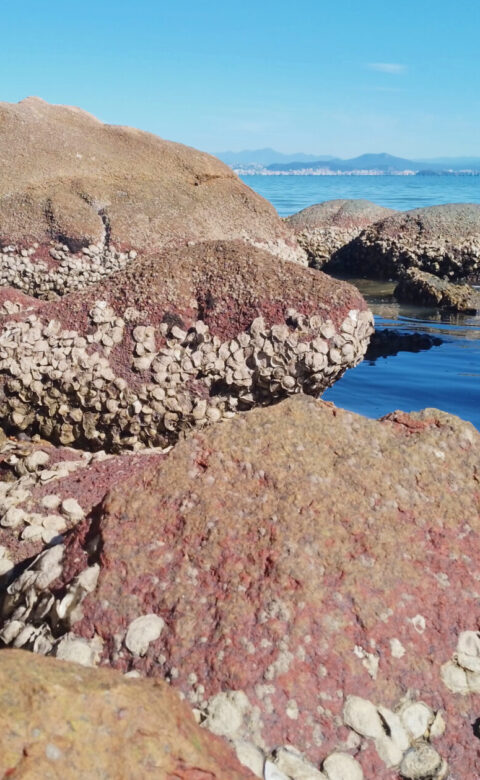Greenwashing is common in the tourism industry. Alexandra Wrigley offers eight things travellers should know when choosing an accommodation that claims to be an eco-lodge.
As the climate crisis hits, more people are striving to travel consciously and reduce their environmental footprint. Likewise, more businesses want to reduce their impact on the environment.
Arguably, this is exciting. However, some companies within the tourism sector try to take advantage of this by promoting their businesses as “eco-friendly.” When travelling, you may see accommodations claiming to be environmentally conscious and using “eco-friendly” buzzwords.
How do you know you’re staying in one? Here are eight tips to ensure your accommodation is as environmentally friendly as it claims to be.
1. It should positively impact the local community.
Eco-lodges benefit people living in the surrounding community, which often means they hire local people as staff and guides. Moreover, these employees should be paid fairly.
Beyond paying employees, check to see how the eco-lodge helps local communities. This might mean the business donates to local non-profit organisations, or perhaps they are involved in local conservation programmes.
2. Construction should respect and benefit people and the environment.
When the building was constructed, it should have made a minimal impact on the natural surroundings. The landscape should have remained relatively untouched and unspoiled from the construction.
Take a look at the techniques and materials or resources used to construct it. They should reflect the surrounding environment and use locally sourced resources. The furniture and furnishings should be typical of the country, or at least sourced from within it. It is ideal to have as much made locally as possible, versus having things imported.
Another thing to consider is how the building of this business benefited local people. Ideally, local craftspeople were employed to build it, allowing for an investment back into the local economy.
3. Any on-site food services should use local ingredients.
If the accommodation has a restaurant, it should use local ingredients. Many eco-lodges have their own gardens, so take a look to see if your meal might be grown right on the property. Ingredients might also be sourced at local markets.
It’s okay to ask which foods are available seasonally in the region. Don’t be afraid to use your common sense: If you find pineapples in the middle of the winter season, they’ve clearly been imported.
4. Single-use plastics should be kept to a minimum.
With today’s plastic crisis, many eco-lodges have either gone plastic-free or are working to eliminate plastic from their operations. If there are water bottles, plastic wrappers, or any other disposable plastic objects, check to see if there is also a way to recycle them. If so, the property may have a waste system where specific kinds of waste are sorted and disposed of.
A good indication of whether an accommodation is committed to eliminating plastic waste is whether it’s found alternatives for commonly used plastic items. For example, eco-lodges might swap single-use toiletry bottles with multi-use cleansing bars. Or, they might use biodegradable wrapping for room amenities, limiting the use of plastic. Likewise, plastic drinking straws can be switched for those made of bamboo or copper. Additionally, some eco-lodges now remove complimentary water in plastic bottles from rooms, and instead provide guests with glass jars to fill up with drinking water from a filter.

5. Guests should be advised about their water consumption.
Eco-lodges care about and respect the environment, which means they strive to conserve water. One common thing to see are notices about the number of times towels and bed linens are washed. There are often instructions promoting the benefits of reusing towels and linens.
Sometimes eco-lodges also have filtration systems in place and recycle waste water. Additionally, washing machines should minimise water usage. You can ask about this.
6. Energy resources should be renewable.
Take a look at the energy sources the lodge uses. Solar panels can be used to generate electricity and help heat water. There might also be alternative forms of energy generation, such as wind power.
Within the property – and even in your room – take a look at the lightbulbs. If they are low wattage or LED, that’s a good sign. To limit light usage, there might also be built-in sensors inside the rooms.
7. Guest education is important.
In addition to constructing and running an environmentally friendly accommodation, property owners should inform guests on how they can respect and benefit the environment during their stay. Look for instructions or notices located around the lodge, such information in bathrooms, at restaurants, and in guest rooms.
8. There is always room for improvement.
Most eco-lodges should already be doing everything noted here, but this is often the minimum of what it means to be “eco-friendly.” What they do beyond this is what makes them a truly dedicated eco-lodge. For example, I was once told, “You know it’s an eco-lodge when they have a freshwater filtering pool.” Look out for that extra effort and intention.
What You Should Know About Greenwashing
Sometimes companies cling to buzzwords like “eco” and “environmentally friendly” when they haven’t actually taken any action. Often companies spend excess amounts of money on marketing on how “green” they are. This gives potential customers the impression they care about the environment, but the reality is they don’t have green policies in place. This is commonly known as greenwashing.
To detect if an eco-lodge is greenwashing, don’t trust slogans or neutral colours used in advertising. Look for the proof that environmentally friendly policies are actually in place. Companies should be able to fully elaborate on their policies and clearly communicate what their actions are. As a conscious traveller, you have the right to ask questions and decide for yourself whether an accommodation truly is an eco-lodge








